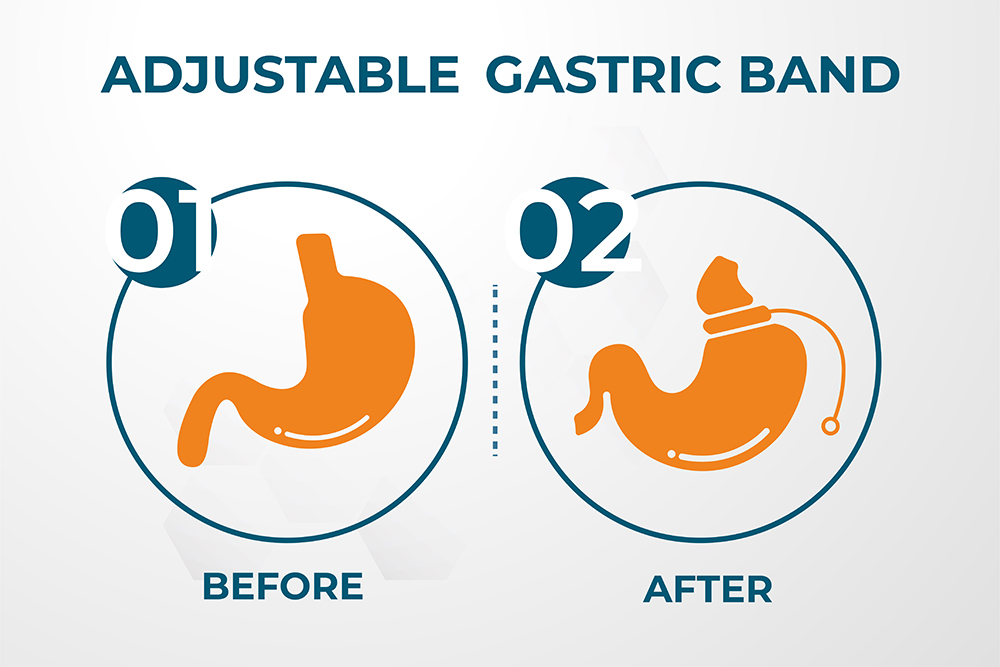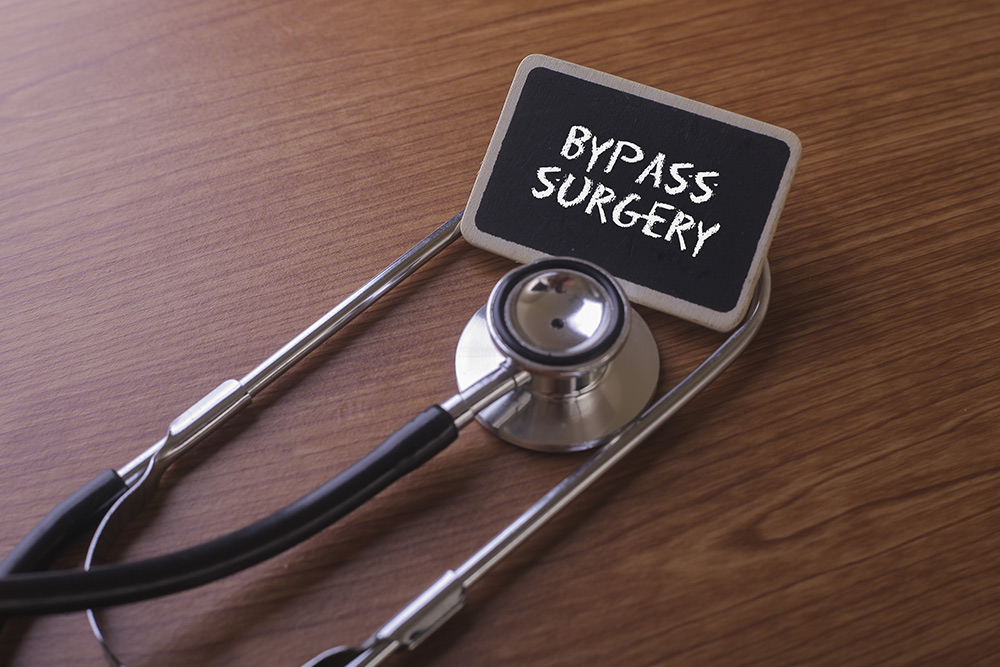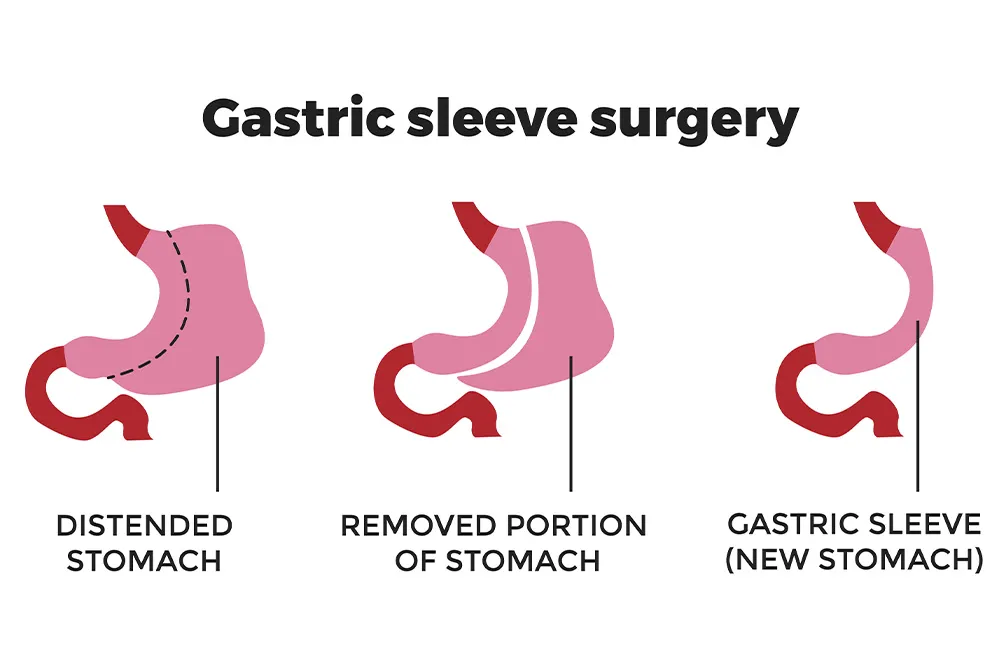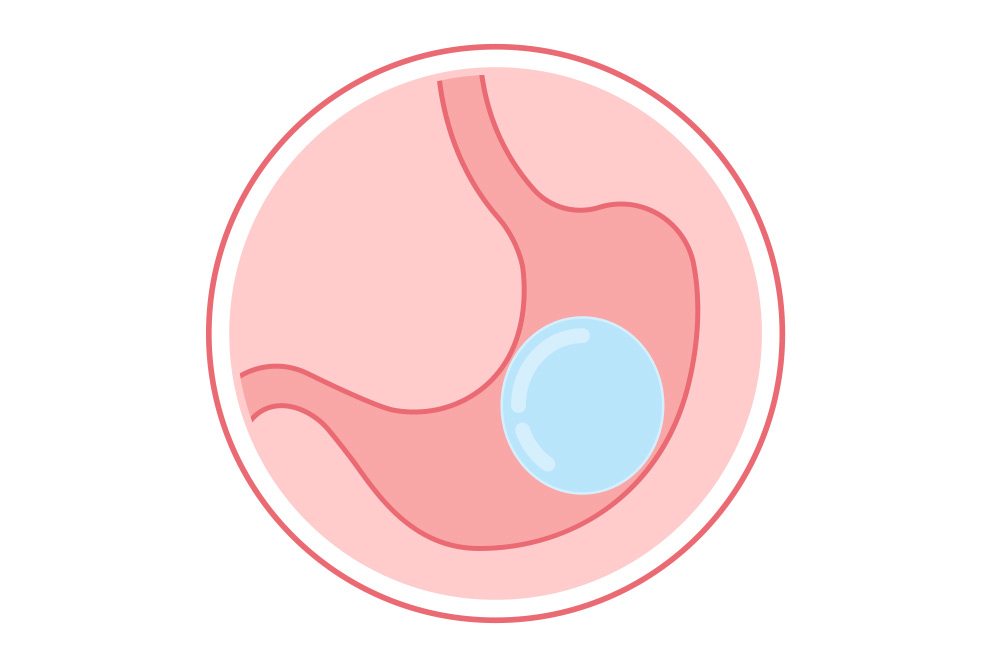There are many weight-loss surgery options to choose from, and with so many choices, it can be a bit overwhelming at times trying to figure out what will suit your body and lifestyle the best.
With every surgery, there are both risks and benefits, and weight-loss surgery is no different. Each type of surgical procedure works in different ways, and it’s essential to get the surgery that will suit your needs and help you reach your body goals in the long run.
Today we’re going to go through the most popular types of weight-loss surgery in Ireland and help you figure out which surgery is the right choice for you and your body.
Gastric band surgery: is it the right weight-loss surgery for you?

Gastric band surgery involves an inflatable band being put into the stomach to help you stop overeating.
A gastric band helps people produce a feeling of fullness, so you feel as though you’ve had enough after eating small amounts of food.
What are the benefits of a gastric band?

Some of the benefits of getting a gastric band over other weight-loss surgeries include:
- It’s marginally safer than other operations
- It’s a simple procedure
- There’s only a small scar left afterwards
- Recovery is quick
- The surgery is reversible
How much weight can you lose with a gastric band?
Over the first two years of having a gastric band, the average patient loses around 3 stone.
What are the cons of a gastric band?

The main ‘con’ of gastric band surgery is that you may have less dramatic weight loss than other surgeries. You also might regain some of the weight you’ve lost over the years if you get the band removed further down the line without addressing your eating habits.
What are the risks of gastric band surgery?
Gastric band surgery is relatively low risk. A reported side effect of gastric band surgery is that it may cause you to vomit if you overeat or eat too quickly.
Some other complications can include:
- The band slipping out of place
- The band becoming loose
- Leaking
- A risk of infection
It’s very rare, but sometimes complications can be life-threatening, so it’s important to talk to your doctor about all the potential risks involved.
If you’d like to know more about the gastric band, then check out our guide to gastric band surgery in Ireland.
Is a gastric bypass the right weight-loss surgery for you?

A gastric bypass is an operation in which the stomach is divided into two parts, and the top section is sealed off from the lower section. The top section of the stomach is then connected directly to the small intestine.
Your surgeon is effectively creating a shortcut for your food. It’s bypassing part of the stomach and skipping some of the small intestines so that your body absorbs fewer calories.
What are the pros of a gastric bypass?
There are many advantages to getting a gastric bypass, including:
- Improved conditions such as diabetes, high blood pressure, heartburn, and high cholesterol
- Fast weight loss (about 50% of your weight loss happens in the first six months)
- Excellent long-term results
What are the cons of a gastric bypass?
With a gastric bypass, you’ll no longer be able to absorb food in the same way as before. This means that your body is actually at risk of not getting enough nutrients.
A loss of nutrients like calcium and iron can lead to conditions such as osteoporosis and anaemia.
When you get a gastric bypass, you’ll have to be careful with your diet and take supplements for the rest of your life.
Another thing to consider is the irreversible nature of a gastric bypass – only in rare cases has the surgery been successfully reversed.
What are the risks of gastric bypass surgery?
A gastric bypass is more complicated than other weight-loss surgeries, which means there are higher risks.
Some of these risks include:
- Infection
- Blood clots
- Hernias
- Gallstones due to rapid weight loss
Another significant risk with gastric bypass is dumping syndrome. This is where food is dumped from the stomach and into the intestines before being digested correctly. This can cause symptoms such as:
- Nausea
- Bloating
- Pain
- Sweating
- Weakness
- Diarrhoea
Dumping syndrome is usually caused when a patient overeats sugary or high-carbohydrate foods. So a simple remedy to this is to adjust your diet.
You can find out more about gastric bypass surgery here.
Is a gastric sleeve the right weight-loss surgery for you?
A gastric sleeve is another popular weight loss surgery, with 59.4% of patients opting for this surgery over other weight-loss procedures. Gastric sleeve surgery involves the surgeon removing about 75% of the stomach. The remainder of the stomach is a narrow sleeve that connects to the intestines.
What are the benefits of a gastric sleeve?

A gastric sleeve is an excellent surgery choice for anybody who’s obese or sick, and if other weight-loss surgeries would be too risky for them. A sleeve is a simple operation, and it has lower associated risks than a gastric bypass.
It’s a great way to lose weight if you’re heavily obese, and it can help you get healthier and prepare for another surgery that will help you lose more weight.
Because the intestines aren’t involved in the surgery, a gastric sleeve, unlike a bypass, won’t change how you absorb food. This means you won’t have to take supplements as you’ll be able to get enough nutrients.
What are the cons of a gastric sleeve?
The biggest disadvantage to a gastric sleeve is that it’s irreversible.
What are the risks of gastric sleeve surgery?
The risks involved with a gastric sleeve procedure include:
- Infection
- Leaking
- Blood clots
- Reflux
If you’d like to learn more about gastric sleeve surgery you can learn about it in one of our latest blog posts.
Is a gastric balloon the right weight-loss procedure for you?

A gastric balloon is a type of weight loss surgery in which a deflated balloon is placed into your stomach through your mouth. As soon as it’s inside your stomach, it’s filled with saline solution, giving you a sense of fullness.
This type of surgery isn’t designed for people who’ve had other weight-loss surgery or for anybody who has bowel disease or liver failure.
Its main function is to help you build up a healthy diet and lifestyle, and it’s great for assisting individuals to achieve weight loss without surgical intervention.
What are the pros of a gastric balloon?
The main pro to a gastric balloon procedure is that there isn’t any surgery involved. The balloon is also only temporary as it stays in your stomach for about six months.
You can lose about 10% of your excess body weight, but a gastric balloon is mainly there to help you get into the routine of a healthy diet and lifestyle.
What are the cons of a gastric balloon?
The only downside to getting a gastric balloon is the possibility of stomachache, nausea and vomiting in a couple of days post-procedure.
What are the risks of gastric balloon surgery?
There are a few risks involved when getting a gastric balloon, and these include:
- Back or abdominal discomfort
- Reflux
- The possibility that the balloon could rupture and pass into your bowels (this is very uncommon and is unlikely to happen)
If you’d like to learn more about the gastric balloon, you can check out one of our latest blog posts detailing everything you need to know about the procedure.
What weight loss surgery is right for you?

The ideal weight loss surgery for you depends on your current health and your body type. This is why it’s best to discuss all surgery options with your doctor before making any final decisions.
If you want to find out what type of weight-loss surgery is the right fit for you and your body, then our team would love to talk with you and help you figure out a plan.
Please get in contact with one of our team members today to book a call and learn more about the types of weight loss surgeries that we offer.

